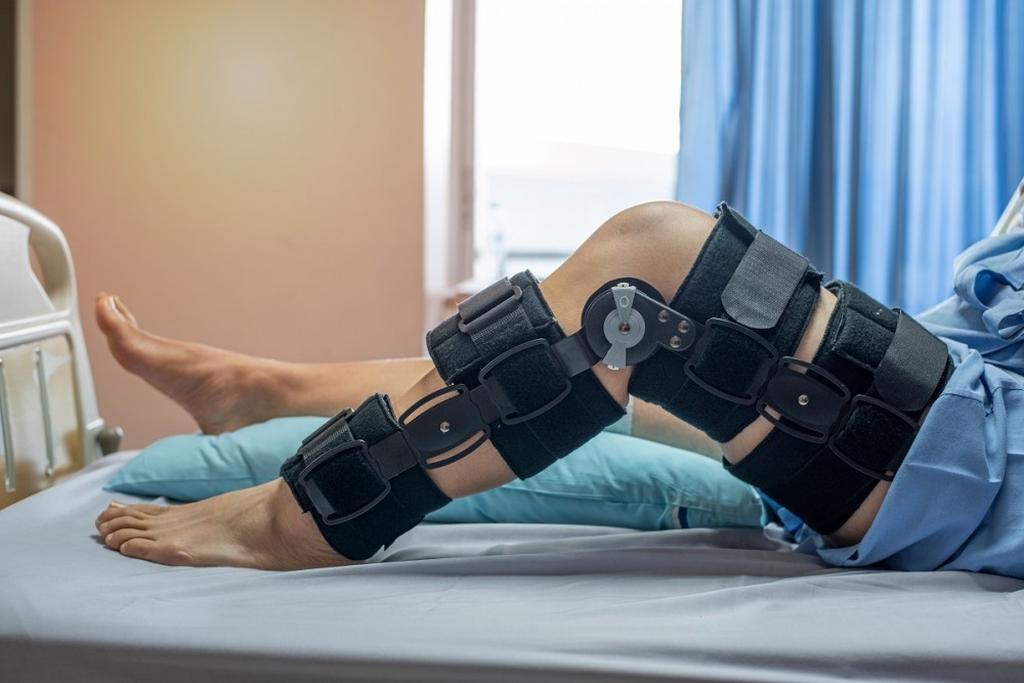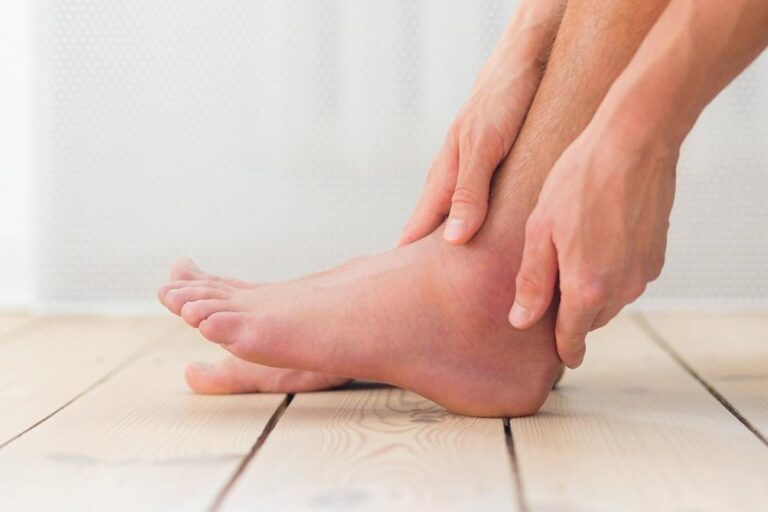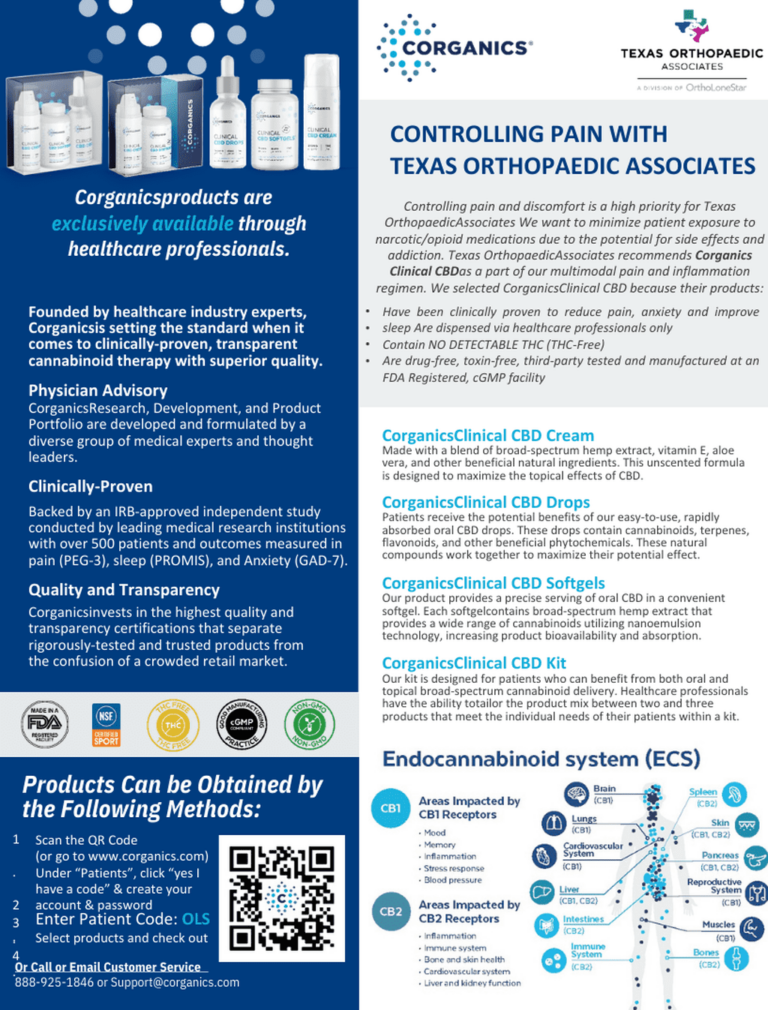Anterior cruciate ligament (ACL) injuries are among the most common types of knee injuries, affecting athletes of all levels. Still, while these injuries are often associated with traditionally male sports like football, data show that ACL tears are actually more common among female athletes.
At Texas Orthopaedic Associates, our team is committed to providing advanced care solutions for ACL injuries in both women and men in Dallas, Plano, Keller, Weatherford, and Fort Worth, Texas. Here’s why ACL tears tend to affect women more and what you can do to avoid ACL problems in the future.
Quick facts about ACL injuries
The ACL is one of four major knee ligaments, strong bands of tissue that join one bone to another. All four ligaments work together to support normal knee movement and keep the knee stable when you stand, walk, or perform other movements.
Connecting your upper leg bone (femur) to your shin bone (tibia), the ACL crosses in the center of your knee joint, controlling forward movement of your lower leg along with rotational movements of the joint itself. That means this ligament is especially prone to forces that occur when you change direction while running or when you stop suddenly.
ACL injuries range from mild to severe and include sprains (stretching the ligament beyond normal capacity), partial tears, and complete tears. While ACL tears can certainly be treated, the type of treatment and length of recovery can vary significantly depending on the extent of the injury.
ACL injuries in women
Although researchers aren’t sure why ACL tears tend to affect women more than men, they have identified several factors that could play at least partial roles.
Differences in anatomy
Women typically have less muscle mass surrounding the knee joints, leaving the ligaments exposed to additional pressure and strain, especially when pivoting or changing speed while running. The ligaments tend to be smaller and thinner, reducing support for the knee and increasing the risk of injuries.
A wider pelvis in women also affects the way force and strain affect the knees, leading to uneven stress and excess impact on the joint and ligaments.
Differences in biomechanics
Differences in female anatomy also influence biomechanics — the way athletes move and use their musculoskeletal systems during activity. For example, women tend to land more stiffly than men and rely on their quadriceps more than men, two factors that can add more strain to the knee joint and its ligaments.
Differences in hormones
Most women know estrogen has an impact on bone density; that relationship is one reason why osteoporosis is so common among menopausal women. But estrogen also plays a role in the structural integrity of tendons and ligaments, including the ACL. In fact, research shows it enhances elasticity in ligaments, decreasing power and strength while increasing the risk of ligament injuries.
Training issues
Despite these differences, women’s training models are often based on training that’s been traditionally used for male athletes. That means regular training routines could lead to additional injuries while not preparing women adequately for the additional strain on the ACL.
Protecting your ACL
Fortunately, there are some steps you can take to protect your ACL and reduce your risk of injuries.
Always warm up
Warming up delivers extra oxygen to your muscles, so they’re ready for activity. Focus on warm-up activities tailored to your sport, and include plenty of stretches, too.
Focus on balanced training
Most of us have one “dominant” leg that tends to be stronger or more agile than the other. When working out and practicing, be sure to balance the load between both legs to ensure each leg is strong and flexible in order to reduce the risk of injuries.
Pay attention to pain
Forget about “playing through the pain.” If you feel any knee pain, it’s a sign that you need to take a rest. Continuing to play despite pain can lead to far more serious injuries.
Seek medical attention early
If you have persistent, recurrent, or significant knee pain, stiffness, popping sensations, or other changes in your knees, schedule a medical evaluation right away. Early intervention can prevent more serious issues, along with the need for prolonged or complex therapies.
ACL injuries may be common, but our team is experienced in treatments to help you get back on your feet and back to the activities you love. To have your knee pain evaluated or to learn more about treatments for ACL injuries, book an appointment online or over the phone at Texas Orthopaedic Associates today.













